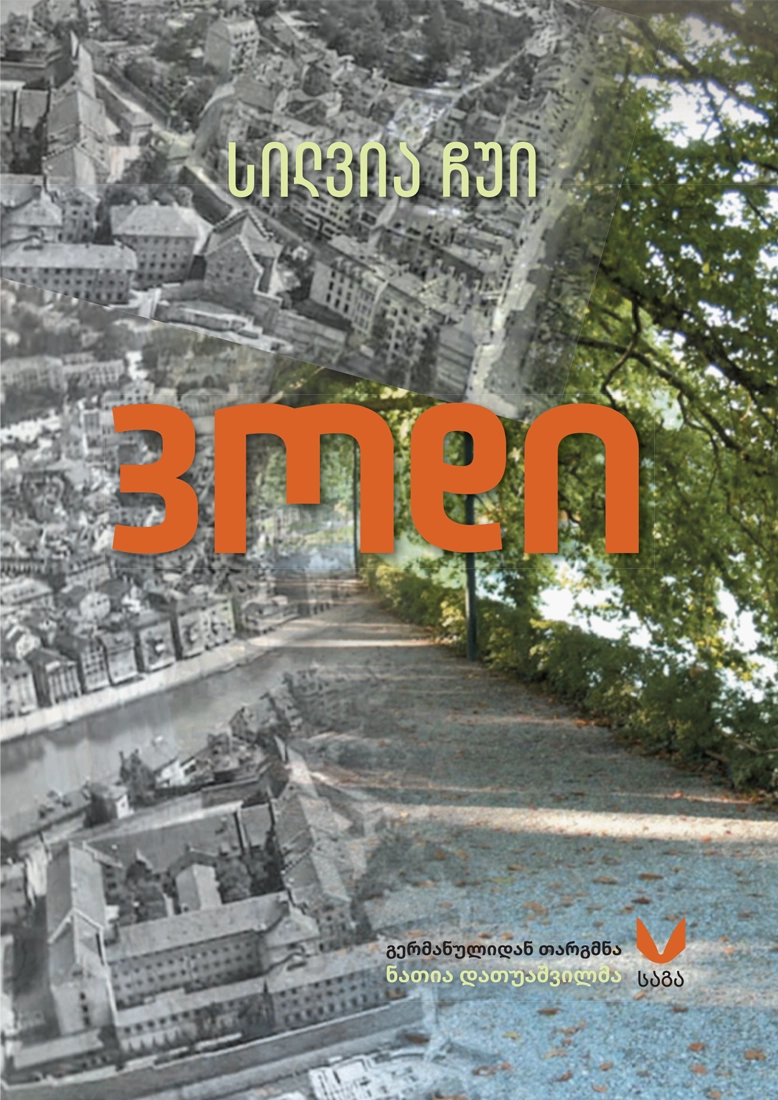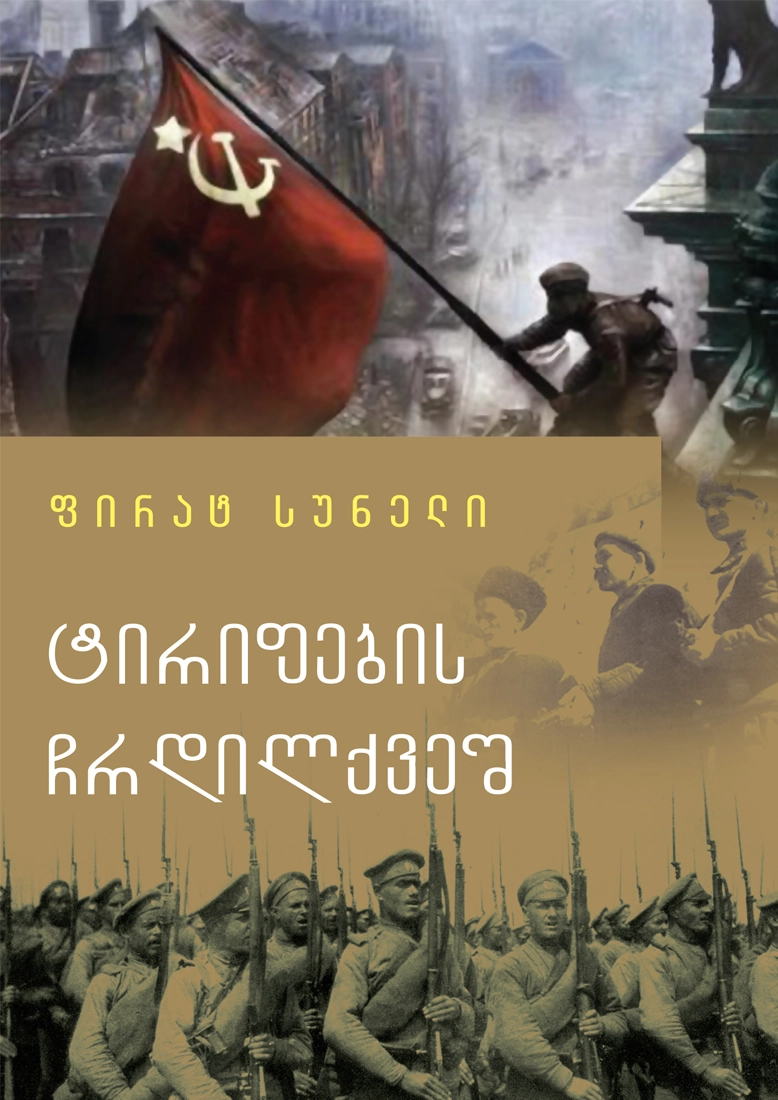Wod
| Author | |
|---|---|
| Publisher | |
| Year | |
| Original Publisher | |
| First Publishing | |
| Translation | |
| Format | |
| Cover | |
| Pages | 283 |
| ISBN | 978-9941497-32-2 |
14,98 ₾
In Wod Silvia Tschui tells the story of a German-Swiss family and follows the intertwined paths of different family members from the period of the World Wars up to the present. The different episodes are skillfully interwoven and composed to a family saga that shows a multi-layered image of a family heavily marked by the experience of two wars.
It is an unremarkable incident with potatoes that triggers a severe commotion between the two brothers Nis and Karl at the 75th birthday party of their older sister Lili. Thereupon, Charlotte, Lili’s granddaughter and the narrator of the novel, starts to investigate her own story in order to explain the ‘potato incident’ and to find out where she comes from. In fact, the novel starts with her saying to her son: “Well then, you are old enough to understand this”.
Charlotte’s narration is driven by her urge to find out where she comes from, to understand what has made her and her family members the way they are. The plot spans around more than five decades. All family members are in some way or the other affected by the war. While Lili emigrates as a newlywed wife from Nazi Germany to Switzerland and is confronted with racism and rejection in her Swiss husband ’s home village in Central Switzerland, her brothers Nis and Karl have to flee with their mentally ill mother from the Nazis.
They all go separate ways and grow apart, but all of them, and also their offspring, have the same troubled lives, suffering from absent parents, have to deal with unfulfilled expectations, mental problems and unrequited love. Tschui shows the attempt of her characters to unavailingly prevent their children from perpetuating their mistakes and shows how people are affected over generations by the trauma of war.
The narration follows different versions of lives over four generations that all root in a common war experience. By doing so the novel touches upon many different aspects of the Swiss and German history throughout the 20th century. The stories of the different characters are told in short episodes, switching freely between different places and times. Often one episode ends abruptly and is taken over – sometimes in the middle of the sentence – by another. The brilliantly structured novel allows the author to always pull the different strands together, however complexly interwoven their different ends, rendering this novel a dense and at the same time abundant work of art.





